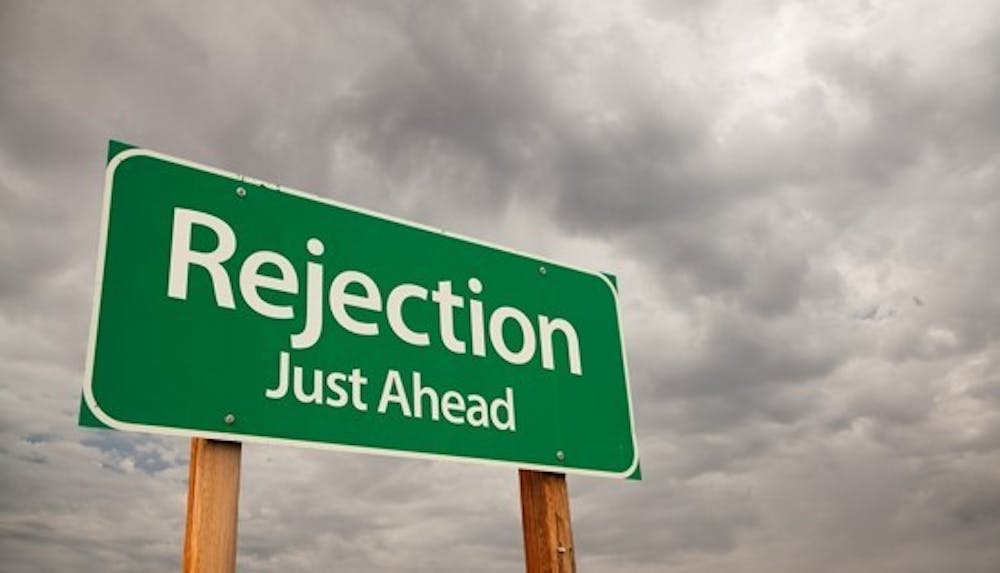Returning to campus for Princeton fall as a sophomore, I’ve felt like a freshman again as I reacquaint myself with the Orange Bubble and the feelings only living here can rouse. I’ve had to relearn how to read books without getting distracted, how to find the spoons in various dining halls, how to feel lost, how to fail. For optimistic not-yet-but-soon-to-be-jaded first-years settling into their first semesters on campus, amid the excitement of new classes, parties, and friends and acceptance come inevitable first encounters with exclusivity and rejection.
Perhaps in an attempt to make up for not “doing enough” as a freshman, I spent the past few weeks hurling myself into auditions and callbacks in a quasi-self-destructive, crazed manner, meeting several hopeful freshmen along the way. Food, sleep, and schoolwork went neglected. Severe allergies battled with coffee and sheer willpower. In retrospect, I acknowledge some flaws in my approach; if you’re a freshman reading this, my first (and only?) piece of advice is to not destroy yourself in the process of seeking validation, social or otherwise.
Before arriving at Princeton as an innocent frosh, I saw rejection as belonging to distinct categories: There’s social/romantic rejection, and then there’s academic/skill-related rejection. I’d become well acquainted with both kinds. Both kinds sucked. But at Princeton, I did not expect these forms of rejection to mass together into hard-to-swallow lumps.
Here, skill-based clubs form the basis of many students’ social lives, not only within said clubs but the Princeton community as a whole. Half of the reasoning behind my auditioning frenzy was a desire to receive the social acceptance and sense of community these groups tend to advertise. The other half had to do with a genuine appreciation for the crafts their members celebrate — and excel at; I hoped that in joining them, I would feel secure in my own talents while having the opportunity to improve on them.
Over the past few days, after opening a plethora of emails all sharing “unfortunately”s, I resigned myself to desolation. My general cynicism and awareness of the competitiveness of many of these groups had done nothing to dissuade a nagging sense of optimism until the emails rolled in, confirming my fears. Though my sophomore-ness ought to have provided me with a more mature perspective, I felt exactly the same as, or worse than, I did last year, when I received my very first rejections. I was failing at Princeton; I had already failed. I would never meet new people or make new friends. I was bad at X. I was delusional for even thinking I was good at Y.
Emerging from the worst of these disappointments, I can’t say that I’ve come to any epiphanic conclusions or solutions to the inevitable pain that rejection brings (the immediate sting is natural and dissipates with time, often faster than you’d think, plus no one is alone in feeling this way). I will say that my need to earn acceptance kept me from accepting myself. It caused me to seriously question my self-worth and blinded me to the ways in which I am already loved and accepted by those around me. Maybe in the future I’ll try out again, either for the same clubs or new ones. Maybe I won’t try out for anything at all. Right now, I’m going to work on appreciating who I am, and everything I already have to offer. Whether you’re a freshman or not, I suggest you do the same.








